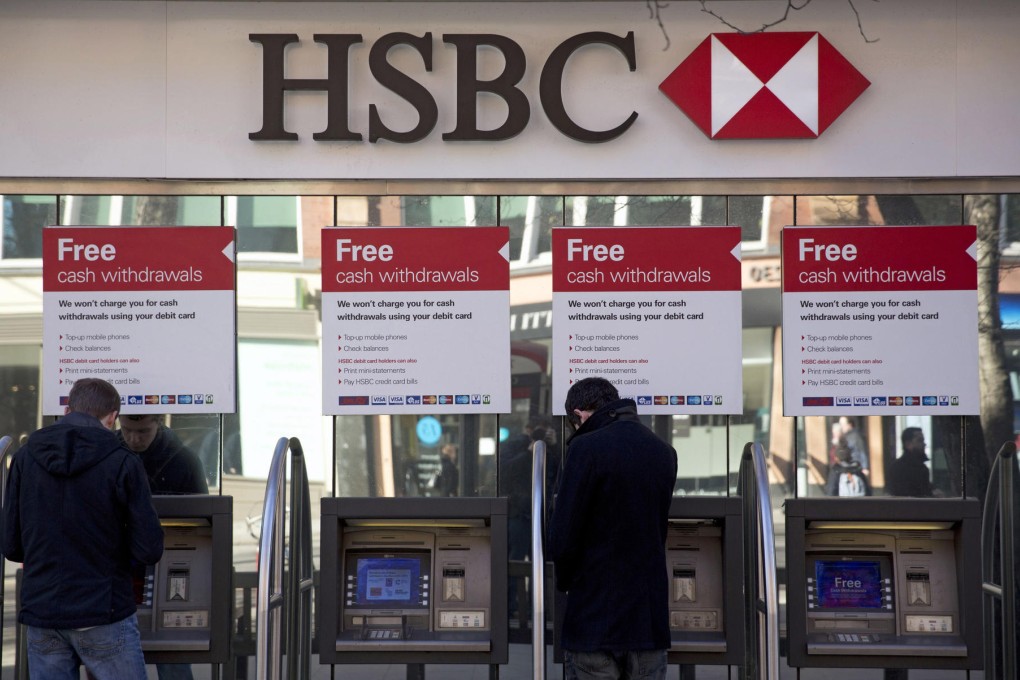
Moving HSBC's headquarters to Hong Kong from Britain could unlock at least US$14 billion in value for the banking giant's shareholders, analysts say.
A slew of anticipated taxes set to be levied by current and prospective British governments as part of populist clampdowns on banks, coupled with lost income HSBC would otherwise earn on the taxed sums adds up to a US$14 billion reason to leave Britain, believes Sanford C Bernstein senior analyst, Chirantan Barua.
HSBC said at its annual general meeting with investors on Friday that it would review the future of its British headquarters.
"We are beginning to see the final shape of regulation and of structural reform, including the requirement to ring fence in the UK," HSBC chairman Douglas Flint said at the meeting. "As part of the broader strategic review taking place, the board has asked management to commence work to look at where the best place is for HSBC to be headquartered in this new environment."
That new environment is one that saw the bank fork over US$1.1 billion in a bank levy last year, an increase of US$200 million from the year before and biggest payout of any bank based in Britain.
By 2017, the levy for HSBC could rise to US$1.8 billion by Barua's calculations. British chancellor George Osborne increased the levy on bank's liabilities to 0.21 per cent in the 2015 budget from 0.156 per cent. If Britain's Labour Party comes to power in an election in two weeks, the levy could jump to US$2.2 billion in two year's time, Barua said.
"It's less to do with the regulation in the UK and more to do with politics. Specifically the bank levy - which has tripled since inception, keeps increasing and is a permanent tax on banking in a country that is struggling to bridge its deficit," Barua said in a note to clients.